‘Business strategies and decision making’
This is a research seminar to share the research ideas and plans with three internaitonal universities from UK (BU), Greece, and Japan.
The presenters are PGRs and ECRs with an interdisciplinary themes in the social sciences.
Date: 16 November 9:00am (UK)/11:00am (Greece)/18:00 (Japan) (1.5-2 hours session by ZOOM)
Moderators:
Professor Takuji Takemoto (University of Fukui, Japan)
Professor Jason Papathanasiou (University of Macedonia)
Dr Hiroko Oe (Bournemouth University, UK)
Participants: Students from the universities above will make their presentations on their research projects which are followed by the discussions. All virtual participants are invited for the discussions.
Agenda
- Opening remark (Dr Hiroko Oe)
- Presentations and Q&A discussions
- Team Japan: Three presentations will be made by the MSc students on the research ideas on the theme of regional development and the business contribution (SDGs, design thinking, and public sector-universities’ interventions).
Discussants: Dr Yamaoka (The Open University of Japan) Ms Sandy Zhu (BU)
- Team UK: Two presentations will be made on their research ideas and plan. Mr. Sitsada Sartamorn (BU MSc IM) will discuss his research outline of ‘immersion marketing and emotional value’ which will be followed by Mr. Herschel Pandits (BU PGR) who will discuss the outline of his research project on ‘luxury consumption’.
Discussants: Dr Ayane Fujiwara (Nottingham Trent University) and Ms Sandy Zhu (BU)
- Team Greece Three presentations will be made by three researchers in the decision-making field (Mr. George Tsaples (PGR), Ms. Panagiota Digkoglou (PGR), and Dr Anastasia Blouchoutzi (ECR)).
Discussants: Dr Hiroko Oe (BU) and Dr Ayane Fujiwara (Nottingham Trent University)
- Overall discussion and Q&A
- Review and comments from the Professors
- Further activity planning
This session will provide an opportunity to build a network for ECRs/PGRs by sharing their research ideas and plans from an interdisciplinary perspective. This session will also discuss themes in line with the UN Sustainable Development Goals (SDGs), such as ‘Goal 9: Industry, Innovation and Infrastructure’ and ’Goal 17: Partnerships for the Goals’, and also it aligns with BU2025 strategic investment areas (SIAs), Simulation & Visualisation and Assistive Technology.
The BU ECRs, PGRs, and MSc students are welcome to this session.
*For more details, please email to hoe@brounemouth.ac.uk
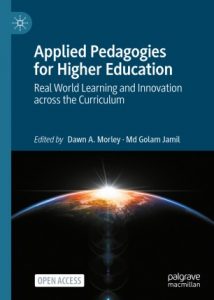

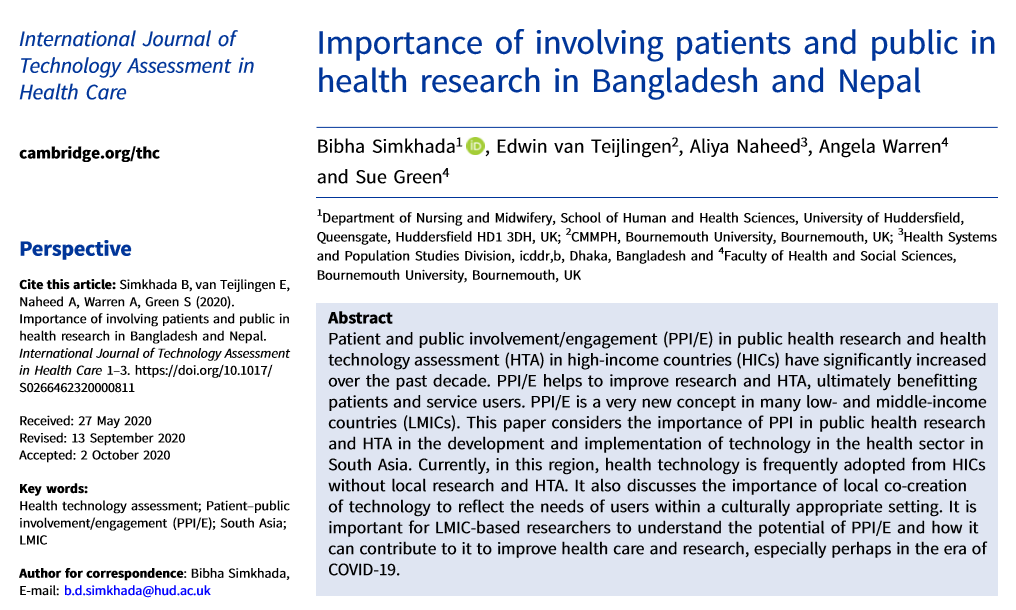

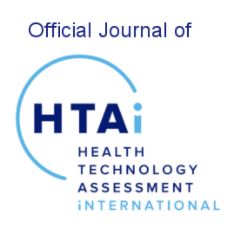
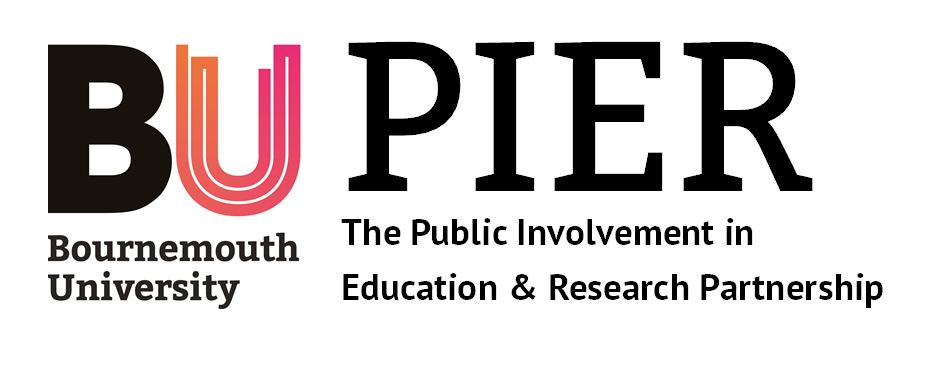
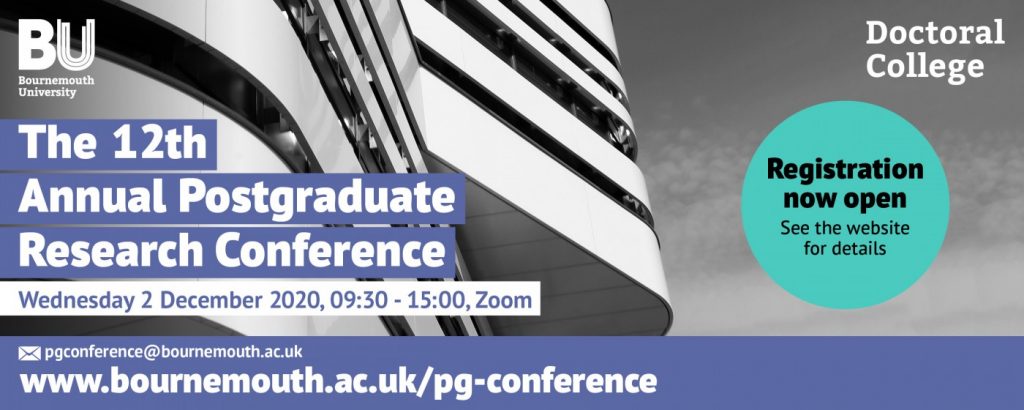
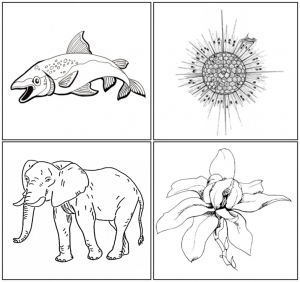


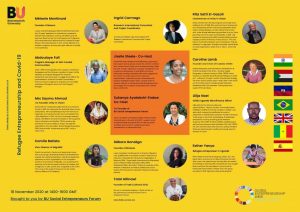
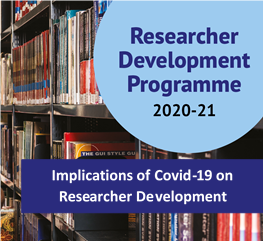

 Every BU academic has a
Every BU academic has a  By clicking on this box, on the left of the Research Blog home page just under the text ‘Funding Opportunities‘, you access a
By clicking on this box, on the left of the Research Blog home page just under the text ‘Funding Opportunities‘, you access a 



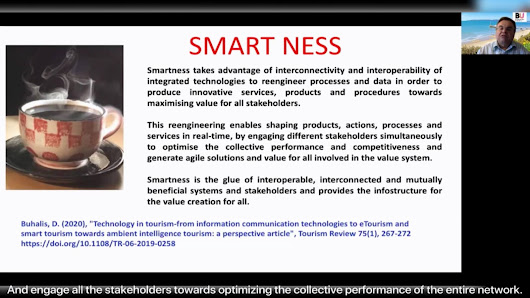












 Fourth INRC Symposium: From Clinical Applications to Neuro-Inspired Computation
Fourth INRC Symposium: From Clinical Applications to Neuro-Inspired Computation Writing policy briefs
Writing policy briefs Upholding Excellence: The Concordat to Support Research Integrity
Upholding Excellence: The Concordat to Support Research Integrity Today’s Documentation Will Serve Tomorrow’s Justice
Today’s Documentation Will Serve Tomorrow’s Justice ECR Funding Open Call: Research Culture & Community Grant – Application Deadline Friday 12 December
ECR Funding Open Call: Research Culture & Community Grant – Application Deadline Friday 12 December MSCA Postdoctoral Fellowships 2025 Call
MSCA Postdoctoral Fellowships 2025 Call ERC Advanced Grant 2025 Webinar
ERC Advanced Grant 2025 Webinar Horizon Europe Work Programme 2025 Published
Horizon Europe Work Programme 2025 Published Horizon Europe 2025 Work Programme pre-Published
Horizon Europe 2025 Work Programme pre-Published Update on UKRO services
Update on UKRO services European research project exploring use of ‘virtual twins’ to better manage metabolic associated fatty liver disease
European research project exploring use of ‘virtual twins’ to better manage metabolic associated fatty liver disease